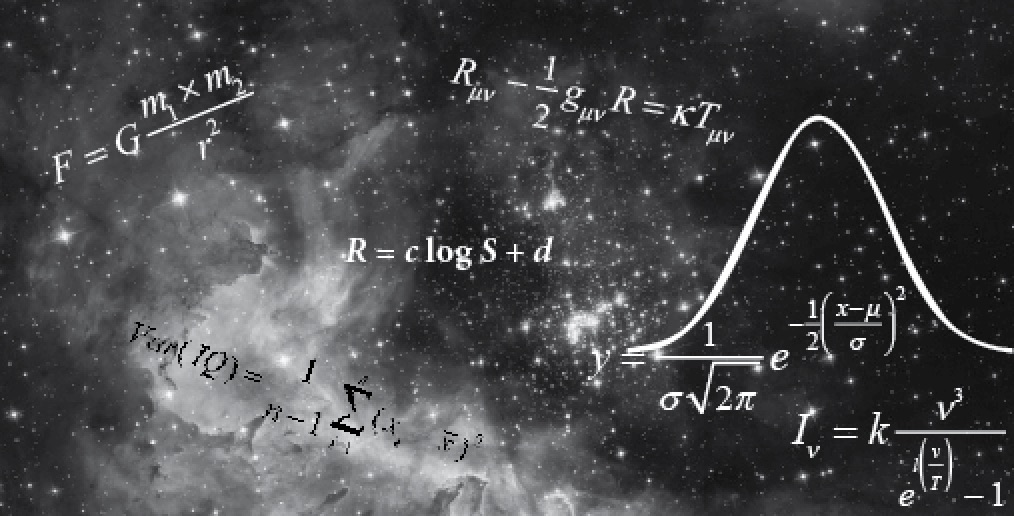
Based on my research in mathematics education, I believe that the average person is able to learn mathematics as defined by the CCSS (Common Core State Standards) up to a grade 10 or 11 level. However, by 2019, most states had opted out of teaching to these standards, because most students weren’t able to reach this level of proficiency. (See: After 10 Years of Hopes and Setbacks, What Happened to the Common Core? (Published 2019) There are a variety of reasons for this on which I can elaborate in a future post, but the bottom line is that most students are not reaching their potential. This is evident in the results of the PISA (Program for International Student Assessment) studies that compare the performance of students in the US with those in a large number of other countries.
However, as we move up the grades to senior high school and undergraduate mathematics, we discover that the number of students who can acquire mastery at this level drops off considerably. Why? In 1968, educator Benjamin Bloom proposed that “anyone can learn anything,” and people differ only in the rate at which they learn. Therefore, all students can master the same curriculum, albeit at different rates. It was proposed that any student who failed to achieve mastery of a particular learning outcome could be given additional instruction and then retested, continuing the cycle until mastery was achieved. This approach, later called “mastery learning” flew under several tag lines such as, “Learning is a matter of attitude, not aptitude.” However, in the decades that followed, it was discovered that in spite of programs designed to increase student achievement, a significant percentage of the population was unable to master mathematics at the advanced level. Students who have difficulty internalizing mathematical concepts resort to procedural learning, rather than relational learning. That is, they memorize steps and procedures for doing mathematics exercises rather than understanding the ideas at a conceptual level. Eventually, the burden of remembering and applying all these procedures, becomes overwhelming and the student abandons the study. There is definitely an innate or inherited element in the ability to internalize and apply abstract concepts sufficiently to master mathematics at the undergraduate level.
The highest levels of research in mathematics require innate mathematical ability. This unique ability is often evident early in the life of a budding mathematician. Sir Francis Galton, one of the pioneers of the concept of intelligence was a child prodigy who was purported to be reading by the age of two, fluent in Latin and Greek at age five, and solving quadratic equations at age eight. John von Neumann, recognized as a child prodigy, possessed an eidetic memory and at age 6 displayed the ability to divide two eight-digit numbers in his head. Terrence Tao, currently a Professor of Mathematics at UCLA, mastered arithmetic at age 2 and at age of 14, became the youngest gold medalist in the history of the International Mathematical Olympiad (IMO). Innate ability is a necessary, but not a sufficient condition for mastering mathematics at the highest levels of research. All the great mathematicians have been highly talented and brought their talents to fruition through intense and unrelenting work. Experience and training are also necessary for success at the highest levels in mathematics, but they are not sufficient. The highest achievers in mathematics are intellectually gifted and intensely focussed hard workers.
So the short answer to the question is that most people are sufficiently intelligent to master mathematics to the level of Grade 10 or 11, as long as they apply themselves. At the higher levels, where mathematics becomes more abstract, increasing levels of the ability to problem solve becomes an increasingly important factor. At the pinnacle, everyone works extremely hard and genetic gifts play a major role in who makes the breakthroughs. As Schopenhauer once observed, “Talent hits a target no one else can hit; genius hits a target no one else can see.”
